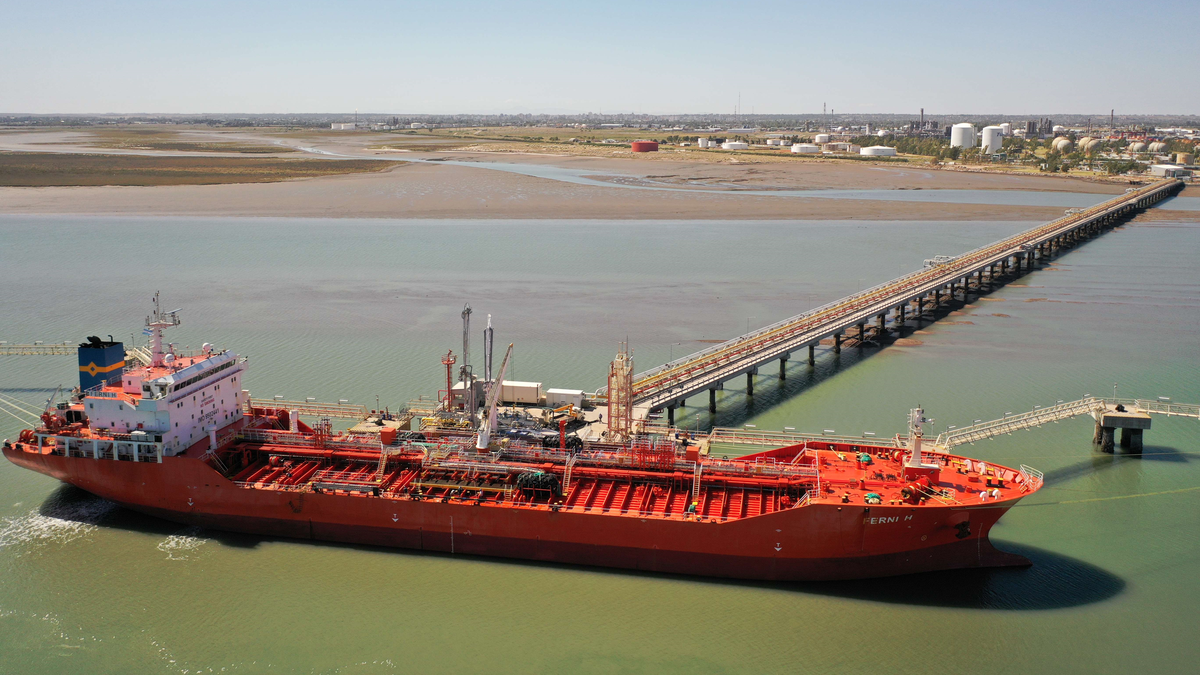Since the objective of rent maximization It is the one that governs the incentives that the government seeks to give with this measure, There are few obligations that companies that adhere to the regime will have.
The Large Investment Incentive Regime (RIGI) is Aimed at large investment projects exceeding US$200 millionwithin these sectors considered strategic: forest industry, tourism, infrastructure, mining, technology, steel, energy and oil and gas.
For most sectors, the minimum eligible investment is US$200 million. However, in more complex or higher-risk sectors, such as hydrocarbons, the requirements are higher; here, investments for transportation and storage must exceed US$300 million, while exploration and exploitation projects require a minimum investment of US$600 million.
With these ambitious requirements, the Government seeks, on the one hand, that the projects included in the regime are large enough to have a significant impact on the economy. In addition, it prioritizes long-term investments that contribute to sustainable economic growth over time.
Companies interested in joining the RIGI will have until August 2026 to do so.with the possibility of extending the period for a further year if the Government deems it necessary. The aim of this long minimum period of two years is to give companies time to plan and structure their investments appropriately before making a formal commitment.
Companies must submit a detailed investment plan that includes the stages of the project, including the investment schedule and an estimate of the resources that will be allocated to each phase.
The RIGI grants a wide range of tax incentives, such as the Reduction of income tax to 25% For Single Project Vehicles (SVP), which are entities created exclusively to carry out a single investment project, the refund of balances in favor of VAT Within a maximum period of three months, it will also be allowed the computation of 100% of the Tax on Bank Debits and Credits as a credit in Profits.
At the same time, companies adhering to the RIGI will have Zero tariff on imports of capital goods, spare parts, components and necessary inputs to carry out the project and during the first three years of the project they will be exempt from paying export duties.
In terms of foreign exchange, the regime establishes that During the first two years after the investment begins, companies will only be required to pay 20% of the foreign currency generated. This percentage will increase to 40% in the third year and reach 100% in the fourth year.
To remain within the RIGI, companies They must have completed at least 40% of the minimum investment amount in eligible assets within the first two years since the approval of its application for membership. In addition, must comply with the schedules investment levels established in their original plan.
Failure to comply with these requirements may lead to the cessation of benefits, although this will not have retroactive effect, meaning that companies will not have to repay incentives already received.
Source: Ambito




